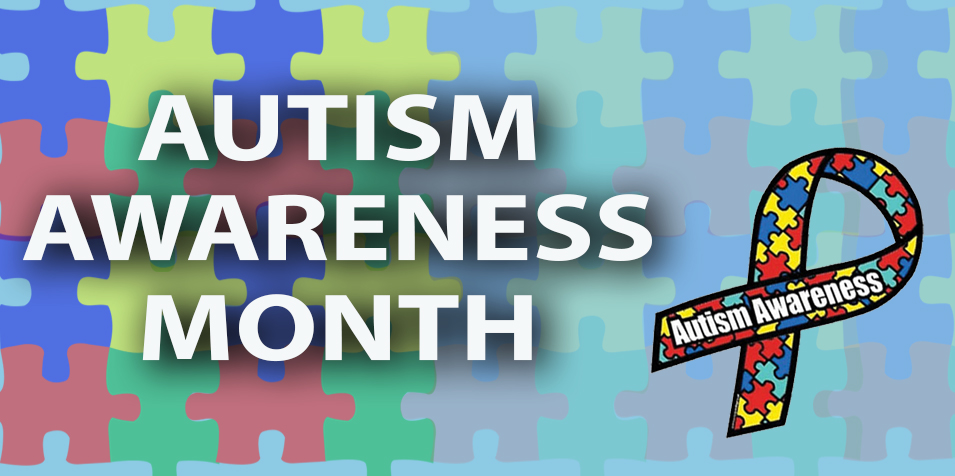Autism Awareness Month

Autism Awareness Month: Why It’s Important to Have a Medical ID
April is autism awareness month. The event started in 1972 as National Autistic Children’s Week and was expanded to cover all people on the autism spectrum. Today, 1 in 54 Americans are living with autism.
It’s a Spectrum
The medical community changed the definition of autism to include the full range of the disability. Autism Spectrum Disorder or ASD has many characteristics, and they don’t apply to everyone with the diagnosis. All individuals on the spectrum have social skills and communication challenges.
In addition, some people with autism experience worse challenges, such as not speaking or motor and developmental delays. Many on the spectrum have an average or above-average IQ. Also, accompanying diagnoses can intensive their condition, such as anxiety, depression, and ADHD.
Autism isn’t Always Visible
In fact, for many children and adults on the spectrum, it’s hidden. People with autism spend years working to “fit in” with the mainstream population. This can make it harder for medical professionals and law officers to know the person they’re working with has a disability that can impair their reasoning skills and judgment.
Parents and other loved ones of people with autism worry about miscommunications in emergency situations. Individuals with ASD can quickly become agitated in unfamiliar settings or during stressful times. Some may become defiant or even violent during a meltdown, depending on their level of function.
These responses can lead to dangerous situations for anyone without mental health training. A medical ID bracelet is a simple tool that can help everyone and prevent unnecessary problems. It may also help first responders look for medication lists and other alerts.
Medication Lists for Related Disorders
Although there are no official treatments specific to autism, many people on the spectrum take prescription drugs that may interfere with emergency rescue responses. First responders need to know what medications a person is taking to make sure there are no drug-to-drug interactions that are dangerous and potentially deadly.
Other than prescriptions, allergies and sensitivities can be very useful to medical professionals that don’t know the patient. People with ASD often have aversions to specific materials, such as cotton feeling too rough against their skin, and may respond negatively around them.
Symptoms of Autism Can Confuse Medical Professionals
First responders or other medical professionals that haven’t encountered someone on the spectrum may not be aware of the ticks or repetitive nature of ASD. These are normal for people with autism but could be mistaken for a medication side effect or another medical condition symptom. A misdiagnosis can be dangerous and even deadly. EMTs and other medical practitioners need all the available information to make the best diagnosis for each patient. For autism awareness month, protect your loved ones on the spectrum with a Universal Medical Data ID product. The engraved jewelry is stylish for men and women of all ages and offers additional custom engraving lines for you to add autism alert information. With additional conditions, such as anxiety, depression, mood disorders, or ADHD, you can choose a medical USB bracelet that holds up to 2GB of data.
